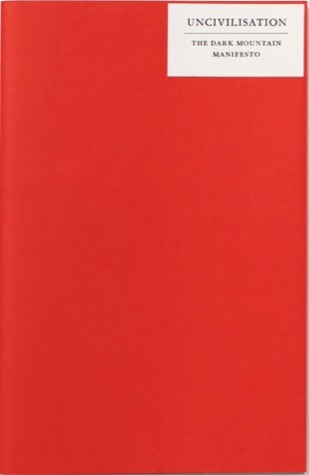What do you think?
Rate this book


20 pages, Paperback
First published January 1, 2009
"Uncivilised writing is more rooted than any of these. Above all, it is determined to shift our worldview, not to feed into it. It is writing for outsiders. If you want to be loved, it might be best not to get involved, for the world, at least for a time, will resolutely refuse to listen."